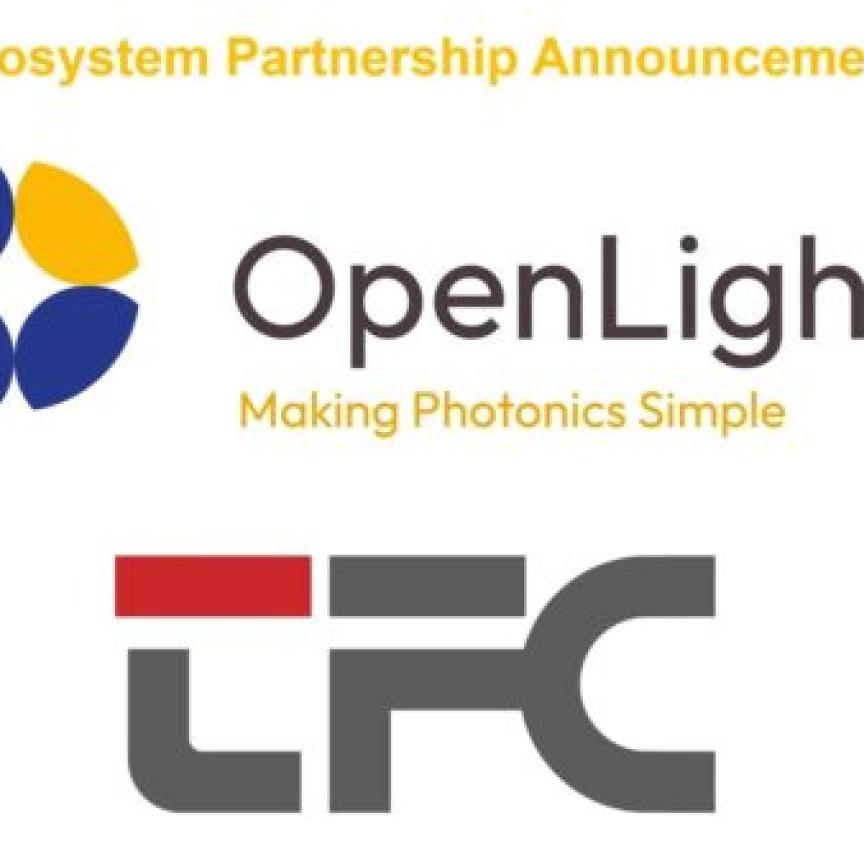Carlos Lee, EPIC’s director general, speaks with Ville Hevonkorpi, CEO at Schott Primoceler
Can you tell me a little bit about yourself?
After graduating from Tampere University of Technology in Finland with an MSc in microsystems, automation and control, I worked for two years as a design engineer. Then in 2007, I joined Kilt as a partner and CEO developing their laser systems and applications.
In 2010 I became involved with a group from the Tampere University of Technology and the Lappeenranta-Lahti University of Technology, who wanted to commercialise a laser-based glass bonding technique. The photonics and laser field in Finland is relatively small and someone in the industry introduced us. This is how Primoceler was born.
There were six of us in the beginning and as I was the only one with experience of managing a company and all the paperwork, so I was appointed as the CEO.
How has the firm developed in the last 10 years?
In the early days, the business model was to develop the technique and the tools for glass bonding, which was quite a Finnish way of doing things – establish the technology first and create the perfect tools for applying the technology. Our original business model was to develop the tools and then sell them to the customer to do their own packaging. But quite early on, we realised that it’s not only the tool itself, it’s all the supporting processes. So, we pivoted the business model and developed our own internal IP to provide packaging, design services and products, rather than the tools themselves.
What we do now is manufacture hermetic packages for electronics, both for wafer level and chip-scale bonding, which is done without any additive materials and at room temperature. Our main application is for medical implants that go inside the human body. The advantages of our glass micro bonding technique are that it provides a truly hermetic seal and the glass is highly biocompatible and RF transparent, which allows wireless data and power transfers for implanted devices. We’re also active in the market for micro-electro-mechanical systems (MEMS) for IOT devices, including autonomous cars, as well as in aerospace because our all-glass packaging offers reliability and stability in harsh environments.
How did the acquisition by Schott come about?
Being a start-up company it’s not always easy to do everything yourself and we needed a lot of partners, especially big partners like Schott. We worked with them right from the beginning because they could provide us with good quality glass and hermetic electronic feedthroughs. In 2018, it was quite natural for us to join forces – we can now offer our glass know-how along with all the different glass products that Schott has to offer.
Another positive aspect is that before, we were a Finnish start-up, and now together with Schott, we have more of a global presence, which is quite important for many customers.
What are the main challenges that you have encountered?
The biggest challenge was to find the right business model and the right customers. Eventually, we were able to do this because we had a talented team with engineering backgrounds, who were able to adapt and learn new things.
Of course, almost all start-ups have many issues with financing. In the first five years it was a constant struggle to find additional sources of funding. In this respect, we were fortunate to have a diverse network and good partners like EPIC, who helped us a lot. Trying to fight all the challenges alone is an almost impossible task, and it’s great to see, in practice, how open-minded EPIC members are, and how willing they are to help.
What has been particularly gratifying in your work?
The high points have been being able to reach out to customers in the medical sector in desperate need of new technology for implants. They had been banging their head against the wall for years, and we were able to help them. Of course, the evaluation and verification phases have taken time, but the devices have been successfully tested and will be ready to be used in patients soon. This is really satisfying and motivating, because it’s confirmation of our ability not only to change the industry, but to significantly improve the quality of human life.
What are the main reasons for your success?
I’ve been lucky enough to be surrounded by talented people, and the beauty has been that not everyone has been from the same field – not only from optics or laser backgrounds, but also from electronics, software and mechanical engineering.
As well as technical diversity, I also believe that in today’s fast-paced global world, it’s really important to see things from a cross-cultural perspective and be aware of cultural diversity in mindsets and approaches to business.
What advice do you have for young entrepreneurs?
It’s essential to have a good business model that’s scalable, and, if possible, test your model in practice before starting the company. By testing it early, you can try out some alternatives to make sure you optimise the commercialisation. Don’t be worried if your model is different from the norm. I’ve been surprised to see customers have started to be quite open-minded to unconventional business models. The process may be difficult and take time, but in some ways, it’s more important to have the right business model than the right technology.


